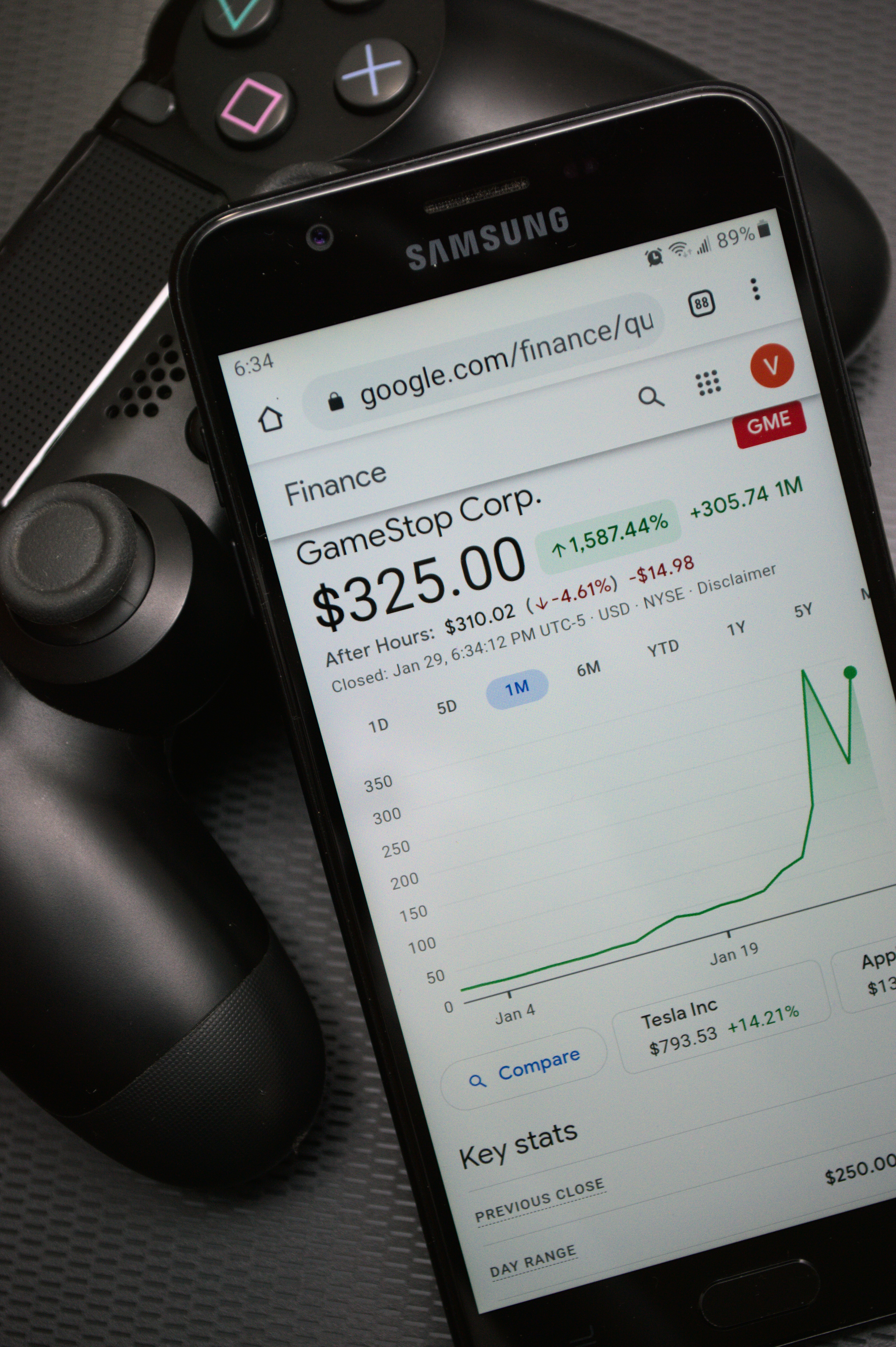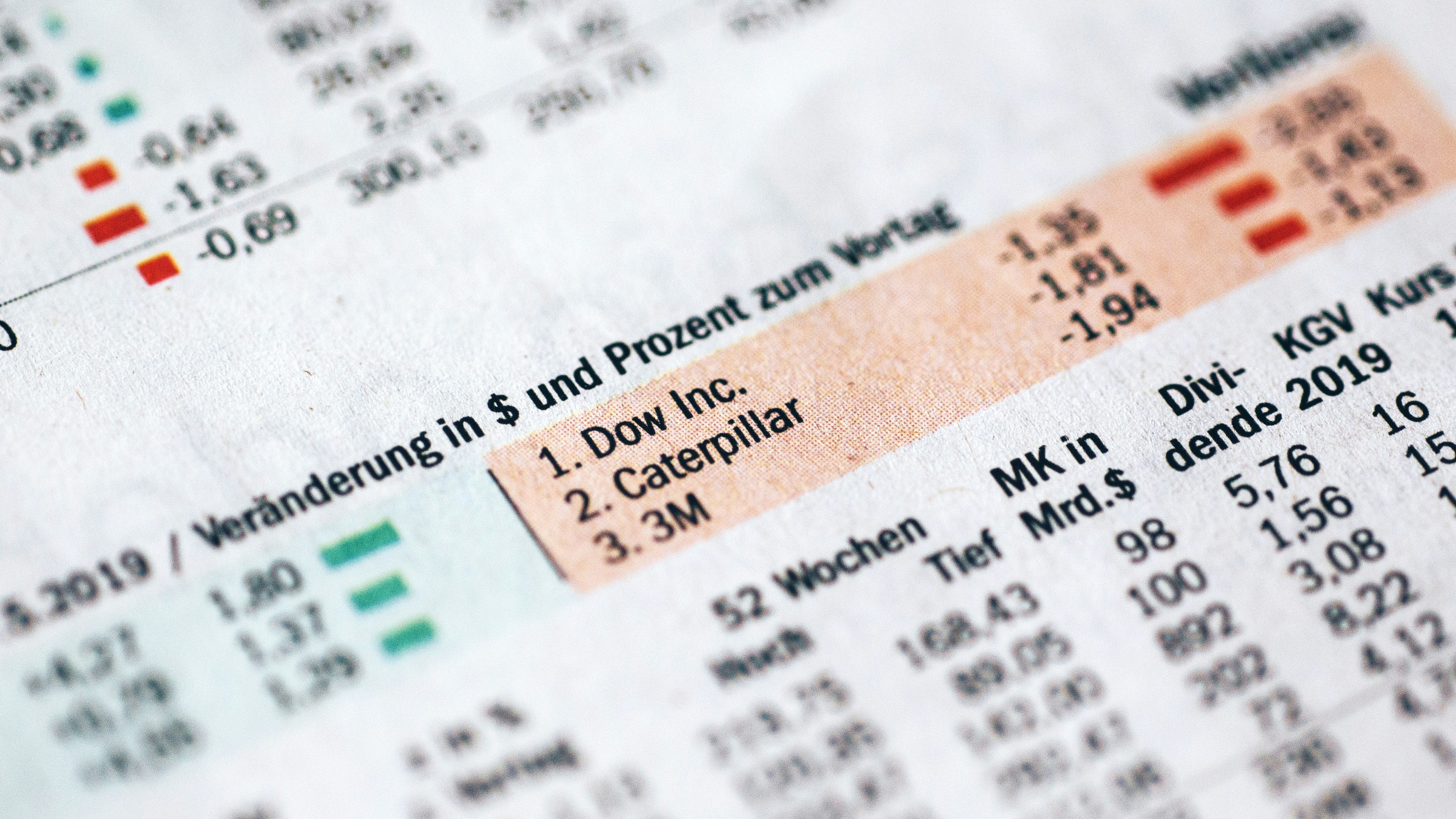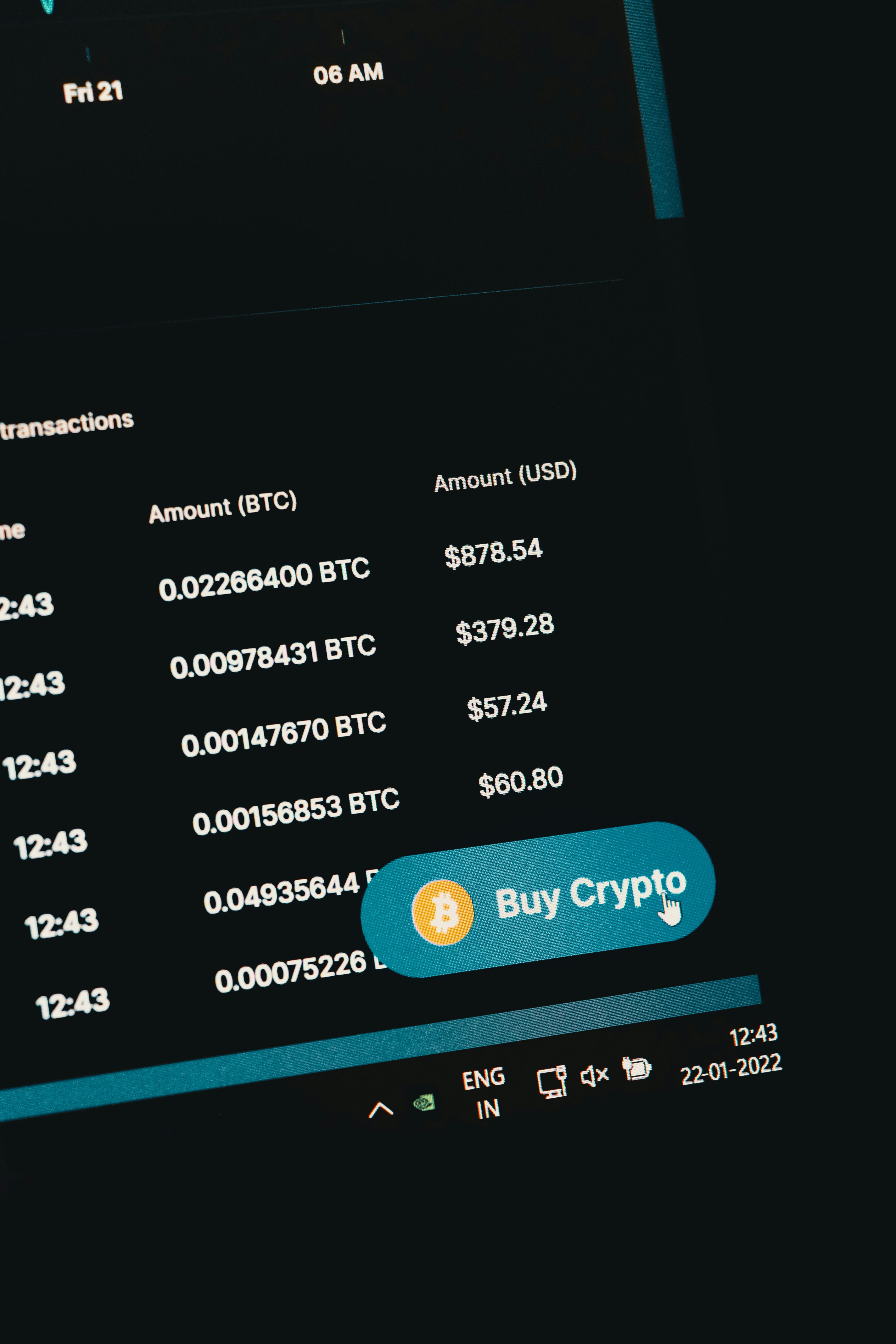
What is a Stock Split?
A stock split is a corporate action in which a company divides its existing shares into multiple new shares. This process does not alter the overall market capitalization of the company; instead, it changes the number of shares outstanding and the price per share. For instance, in a 2-for-1 stock split, each shareholder receives an additional share for every share they own, effectively halving the share price while doubling the total number of shares available. The primary objective behind a stock split is to enhance the stock’s liquidity by lowering its trading price, which may make the shares more accessible to a broader range of investors, particularly retail investors.
The mechanics of a stock split are relatively straightforward. When a split is declared, shareholders are notified of the specific ratio of the split, the record date, and the effective date. On the effective date, the shares are automatically adjusted in the investor’s brokerage account, and the stock price is recalibrated to reflect the new share count. Despite this adjustment, the total value of an investor’s holdings remains unchanged immediately following the split. Therefore, if an investor owned shares worth $1,000 before the split, they would still hold shares valued at $1,000 afterward, albeit at a different per-share price.
Companies like GameStop (GME) may initiate stock splits for several reasons, including to improve market perception and make the stock more appealing to everyday investors. A lower stock price can attract more buyers, potentially leading to increased demand and a positive impact on the stock’s valuation. Additionally, stock splits can create a psychological effect, signaling to the market that a company is performing well and is confident in its future growth potential. Thus, understanding the rationale behind stock splits is beneficial for investors seeking to gauge market trends and company strategies.
The Background of GameStop and Its Stock Performance
GameStop Corp., a retail company specializing in video games, consumer electronics, and gaming merchandise, has garnered significant attention over the past few years due to its unusual stock performance. Established in 1984, GameStop has experienced various shifts in its business model, particularly as the gaming industry has evolved with the rise of digital downloads. The company faced challenges from the increasing dominance of online platforms and a general decline in physical game sales, leading to skepticism regarding its long-term viability. This context is essential for understanding the subsequent stock movements.
GameStop’s stock performance took a dramatic turn in early 2021, driven largely by social media platforms like Reddit. An active community of retail investors on the subreddit r/WallStreetBets began collectively purchasing GME shares, which led to a short squeeze that propelled the stock price from under $20 to an all-time high of nearly $483 within just a few weeks. This phenomenon highlighted the power of grassroots retail investing and demonstrated the influence of social media on stock valuations. The unprecedented volatility of GME stock significantly caught the attention of not only retail investors but also institutional investors, regulators, and the mainstream media.
A combination of market manipulation concerns, regulatory scrutiny, and the emergence of a newfound investor base contributed to a narrative that kept GME in the spotlight. The rush of retail interest served to question traditional investment paradigms, introducing a new variable into stock market dynamics. The volatility of GameStop’s stock during this period was not merely a financial anomaly; it was a testament to the shifting landscape of stock trading and investor participation.
As GameStop navigates through this volatility, it faces the need for a strategic valuation of its business operations against the backdrop of an evolving marketplace. Understanding the broader implications of the stock split requires a recognition of this unique historical context and the continuous changes in retail investing trends.
Implications of the GME Stock Split
The stock split of GameStop Corp. (GME) carries significant implications for both current and prospective investors, market analysts, and the overall market landscape. A stock split typically aims to make shares more affordable and increase trading liquidity. As GME’s stock price had experienced volatility, splitting the stock could potentially position it more favorably in the eyes of retail investors, increasing participation from this demographic. The anticipation of such a split can lead to a temporary surge in investor sentiment, allowing new stakeholders to capitalize on perceived opportunities.
Market analysts often scrutinize how stock splits influence stock price movements. Historical trends indicated that, while short-term gains may be possible following a stock split, the long-term trajectory largely depends on the company’s fundamentals and market conditions. In GME’s case, a stock split could initially capture attention and lead to increased trading volume. If investor enthusiasm leads to heightened demand for shares, it could create upward pressure on the stock price, benefiting existing shareholders.
However, it is essential to consider the distinct impact on existing shareholders versus new investors. Existing shareholders may find their position diluted if they chose not to purchase additional shares post-split, as the total number of outstanding shares would increase. Conversely, new investors could view the stock split as an opportune entry point into the GME market, further fueling interest in the stock. Institutional investors may also reassess their strategies based on GME’s changing dynamics, particularly regarding liquidity and share accessibility.
In summary, the implications of the GME stock split are multi-faceted, affecting various stakeholders differently. Monitoring the resulting changes in trading patterns, shareholder sentiment, and overall market reception will be critical to gauging the long-term effects of this strategic move.
Future Outlook for GameStop After the Stock Split
The future of GameStop following its stock split carries significant implications for both the company and its investors. As the gaming retail landscape continues to evolve, experts suggest that GameStop may adopt innovative strategies to leverage the advantages offered by this financial maneuver. The stock split, by increasing the number of shares available and reducing per-share price, could make the company more accessible to a broader base of investors, potentially fostering a renewed interest in its stock.
In light of this, analysts recommend that GameStop focus on enhancing its online presence to compete with larger, more established retailers. With the growing trend towards digital sales, GameStop faces the challenge of transitioning from its traditional brick-and-mortar model to a more diversified approach that includes e-commerce and digital content. Given the fierce competition from industry giants, adapting to these operational shifts will be crucial in sustaining growth post-split.
<pmoreover, a="" additionally,="" alliances="" an="" and="" capital="" collaborations="" company="" content="" could="" crowded="" customer="" developers="" differentiating="" emphasize="" enable="" enhances="" exclusive="" experience,="" experts="" exploring="" firms.="" from="" further="" game="" gamestop="" generated="" growth.<phowever, accordingly,="" adaptable="" aligning="" also="" and="" anticipating="" as="" be="" by="" can="" chain="" challenges="" changing="" consumer="" dynamics="" economic="" effects="" ensure="" evolving="" favorably="" fluctuations="" for="" gamestop="" in="" issues="" it="" its="" itself="" landscape.



